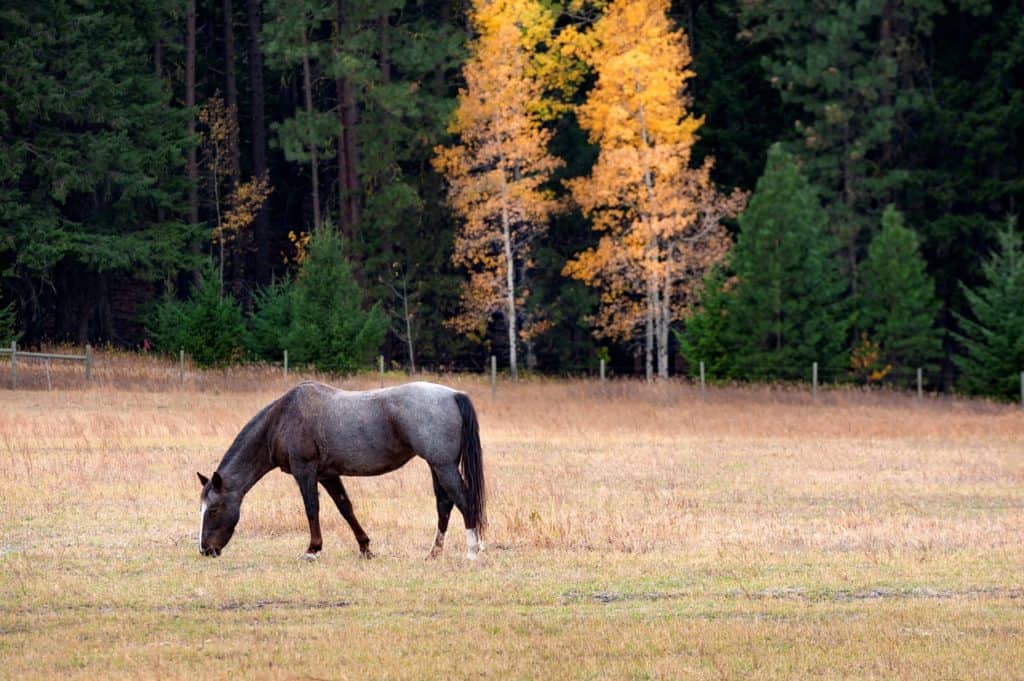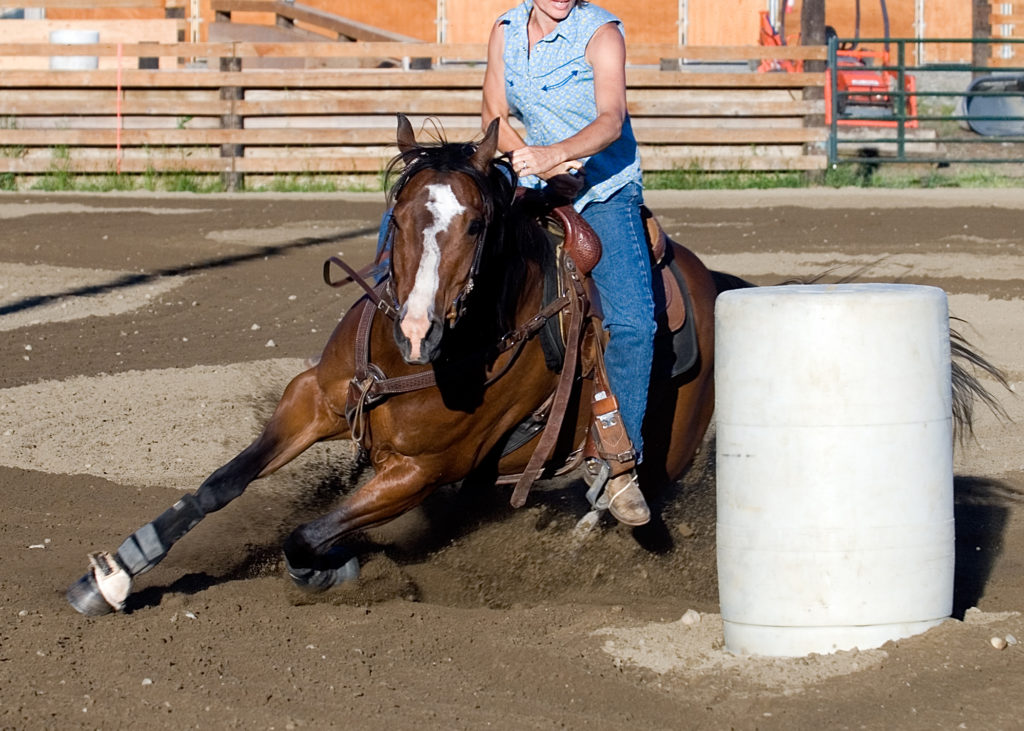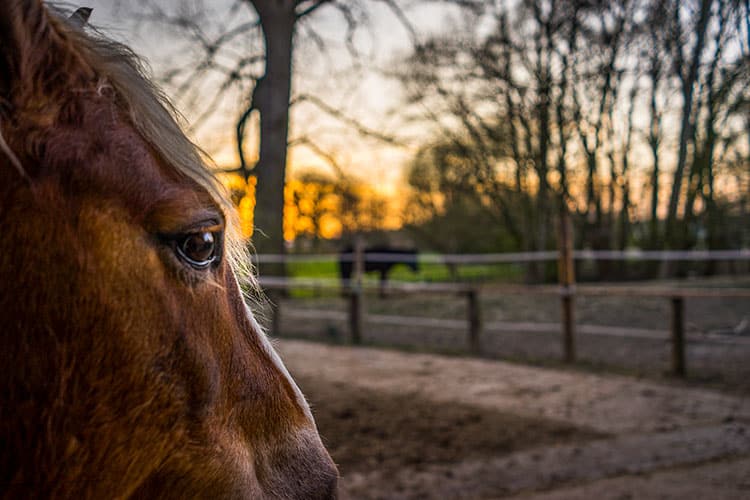
Time to Thrive: Neonatal Health Concerns
Time is life for a foal. Here’s a look at the top causes of illness in newborn foals and how to manage a sick foal.

Time is life for a foal. Here’s a look at the top causes of illness in newborn foals and how to manage a sick foal.

How veterinarians navigate 4 common scenarios, from dehydration to the postpartum period, that increase colic risk.

Knowing what imaging and clinicopathologic tests to perform in what order is key to diagnosing challenging cases.

Nutritionist Dr. Clair Thunes shares advice on how to reduce your horse’s risk of colicking this fall.

While ultrasound doesn’t always provide a definitive diagnosis, it can be a useful tool for gathering critical information.

Discover how each region of your horse’s digestive system works in this visual guide.

Equine digestion is full of twists and turns, and a lot can go wrong during the process. Learn how colic, diarrhea, ulcers, and other ailments can affect your horse’s GI tract and what steps to take to optimize his digestive health.

How often should you feed your horses each day? Our nutrition expert weighs in with advice.

Sand accumulation in a horse’s gastric system is cause for concern; this method can help you detect it.

How do you build a nutritional program that supports your high-intensity equine athlete? Three experts share their advice.

Learn how fluid therapy enhances horses’ recovery from life-threatening diseases by correcting dehydration and shock.

Discover what scientists are learning about this dynamic area of research and how we can use it to promote equine health.

Here’s how to tell whether a broodmare is going into labor or experiencing colic-associated pain.

To understand how horses fared during standing flank laparotomy for colic, researchers reviewed records from 37 equids. Here’s what they found.

The large volumes of water pumped into the stomachs of horses with impaction colic can sometimes do more harm than good, according to Italian researchers.

Learn what steps you and your veterinarian can take to get to the bottom of subtle horse health problems.
Stay on top of the most recent Horse Health news with
"*" indicates required fields